
In a world increasingly focused on nutrition and sustainability, vegans adopt a diet that completely excludes animal-based foods, such as meat, fish, milk, and eggs. Unlike vegetarians, who simply do not eat animals, vegans also avoid products derived from animal farming, which is often considered a form of exploitation. This approach is usually driven by ethical motivations, but also by other reasons related to personal well-being and the desire to reduce one's environmental impact.
Vegans can include a wide range of plant-based foods in their diet, such as fruits, vegetables, legumes, grains, nuts, and seeds. Foods that are increasingly popular and progressively improved in taste, like tofu and seitan, also provide a high protein intake with few fats, making them particularly suitable for a balanced and healthy diet. The biggest challenge might be the sense of monotony in flavors and dishes, but with the right creativity and touches, such as spices or inspirations from other countries, it's not so hard to find new culinary perspectives beyond the traditional pasta and beans (which, nonetheless, is a great classic, excellent for both taste and health).
In a vegan diet, as mentioned, all meats (including fish) and animal-derived products are excluded. However, these are often "hidden" within foods that at first glance we wouldn't think contain them. An example? Many types of gummy candies are made with animal gelatin, which is produced from the collagen of skins and bones. The same goes for some sauces and condiments, which may contain ingredients like honey or fish-based products. For this reason, it's important not only to read labels but, in case of doubt, to check that the product has an international or national certification like V-label or VeganOK.
As well explained by Fondazione Veronesi, there is still a lot of misinformation and prejudice surrounding vegetarian and vegan diets, both from those who practice them and those who oppose them a priori. The first thing to clarify is that it's not enough to abstain from eating meat and fish, or to remove all animal derivatives from the diet, to claim to eat healthily: "Our needs must be respected, it's important to know well the properties and nutritional values of food to use it best in the name of balanced nutrition" experts emphasize. With a vegetarian diet, it's easier to avoid nutritional deficiencies because eggs and cheeses are consumed, but mistakes can still be made, such as overindulging in carbohydrates and dairy. Conversely, in a vegan diet, it's important to pay attention to deficiencies in proteins, iron, calcium, and vitamin B12, which often require supplementation with supplements or fortified foods. Therefore, it's important that this dietary choice is based on solid information and proper caution, always avoiding DIY, especially if at-risk categories like the elderly and children are involved.
With all the above precautions, adopting a vegan diet can offer some health benefits related to the high consumption of plant-based foods. Recent studies, such as the one published in The American Journal of Clinical Nutrition, have shown that following a diet rich in these foods can not only lower cholesterol but also reduce the risk of developing cardiovascular diseases over the years. Obviously, if we limit the discussion to health, this also applies to those who eat low amounts of animal proteins without completely excluding them.
Since 2014, every year, the international event Veganuary, born in the United Kingdom and promoted by the non-profit organization of the same name, encourages people to try a vegan diet for the entire month of January. The initiative has grown rapidly and today counts millions of participants worldwide. In 2024, over 1.2 million people officially signed up through the Veganuary website, but it's estimated that many more participated without registering. In 2023, thanks to Veganuary participants, it's estimated that over 12.4 million kg of CO₂ were saved (equivalent to 450,000 London-Berlin flights), more than 2 million liters of water, and about 3.4 million animals were saved. About 36% of participants continue to follow a vegan diet or significantly reduce their consumption of animal products after the trial month. The initiative is also supported by numerous celebrities, including Paul McCartney, Joaquin Phoenix, and Billie Eilish. A phenomenon that is also impacting companies: more than 1,610 new vegan products and menus were launched in January 2023 by global brands and restaurants, including McDonald's, Burger King, Nestlé, and Tesco.
We couldn't find any recipes that match your search criteria. Try adjusting the filters.

Vegan Moka Flavor No Soak Porridge
Mariapia - Food Blogger - Economista Salutista
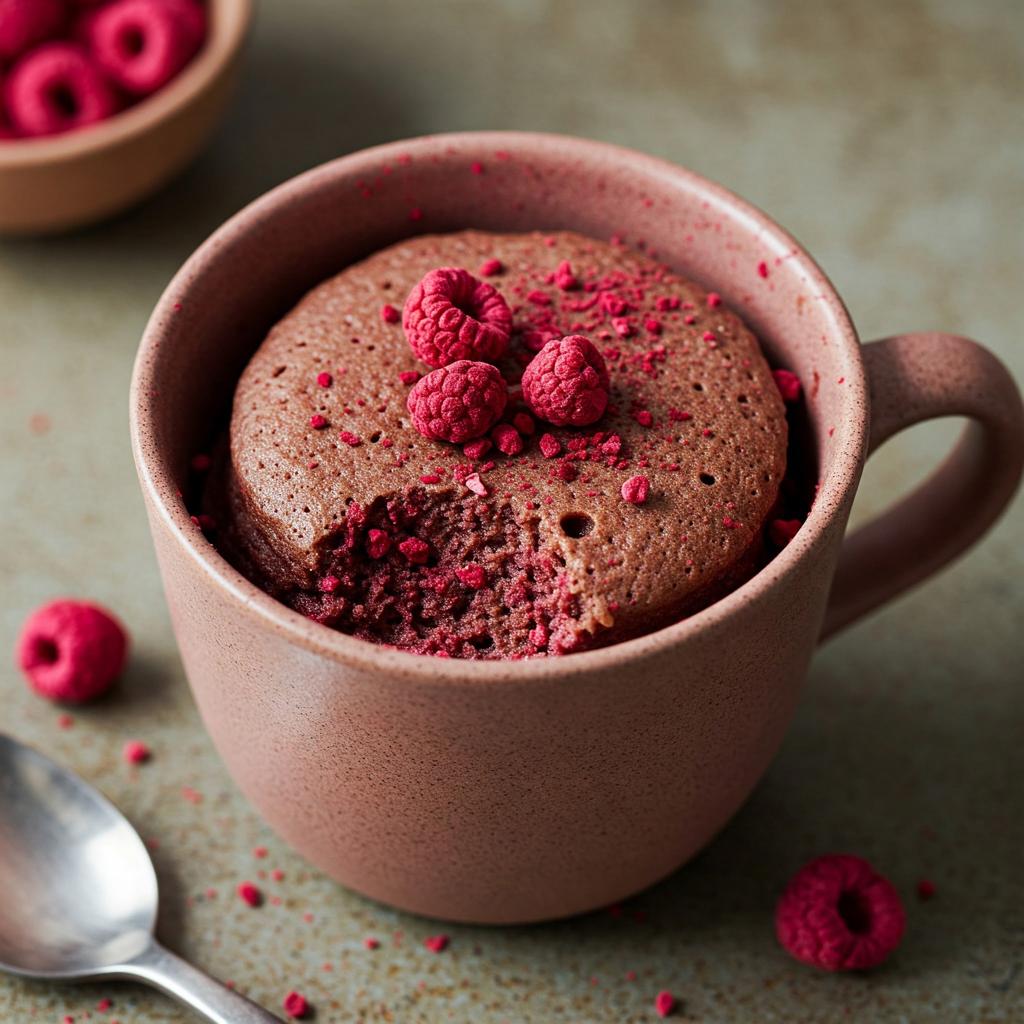

Quick Chufa and Raspberry Mug Cake
IoBoscoVivo Srl

Baked Porridge with Fabulous Topping
Impasta_con_rosy


Protein Mug Cake with Soft Heart
Swee-thy

Cream of tofu and unsweetened cocoa with dark chocolate
Mariapia - Food Blogger - Economista Salutista


Carrot cake with vegan chufa, high and soft
IoBoscoVivo Srl
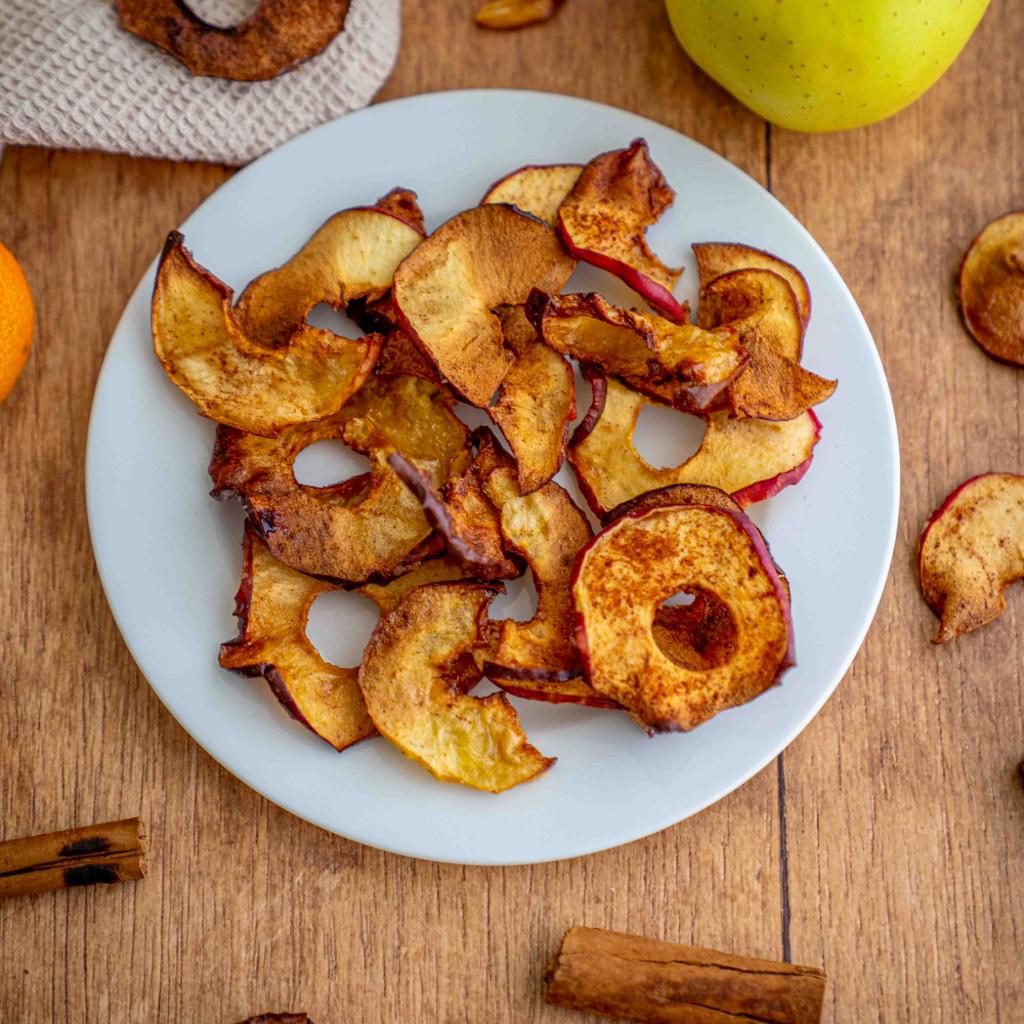
Manu food writer

Viaggiando Mangiando

Almond and Sunflower Seed Cookies
Cucinare_per_te

Vegan and Sugar-Free Mini Carrot Plumcakes
Spuntini.zerosbatti
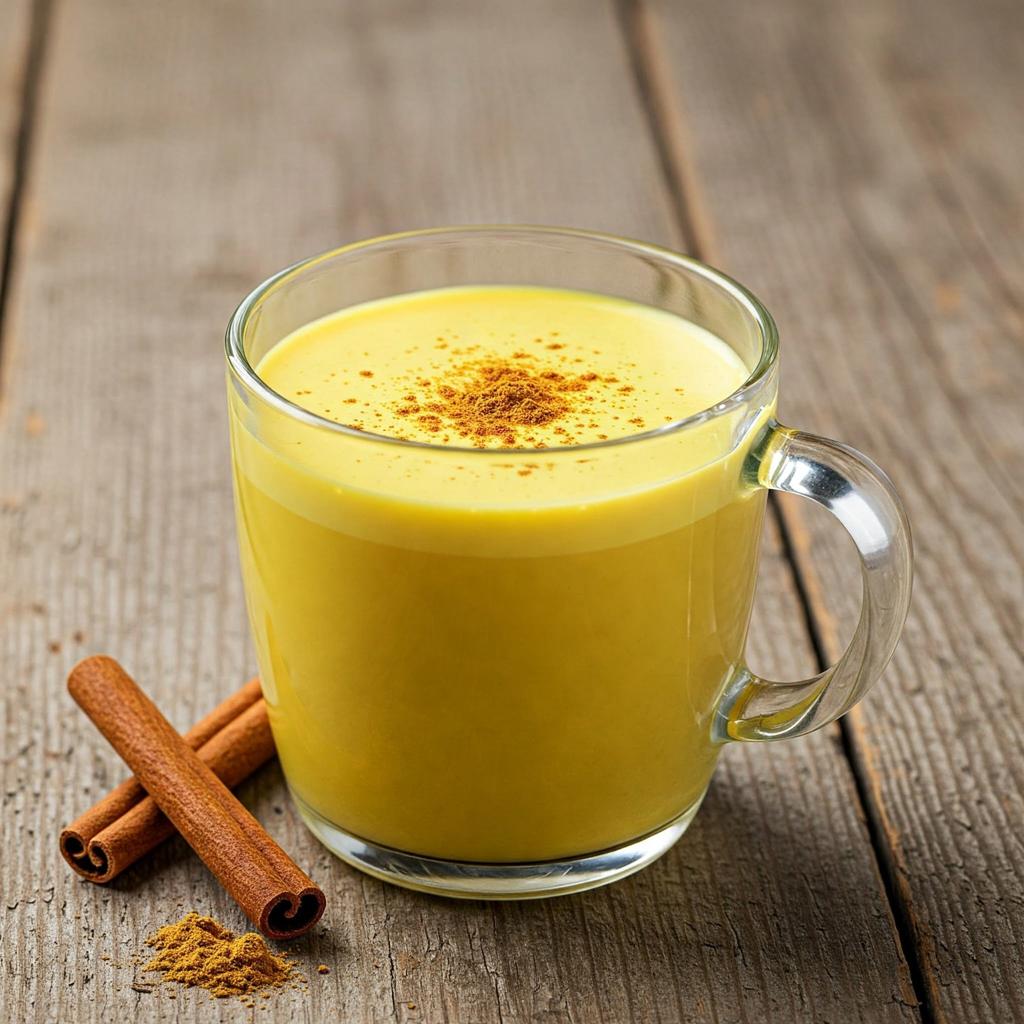

Golden milk with Hericium powder
IoBoscoVivo Srl
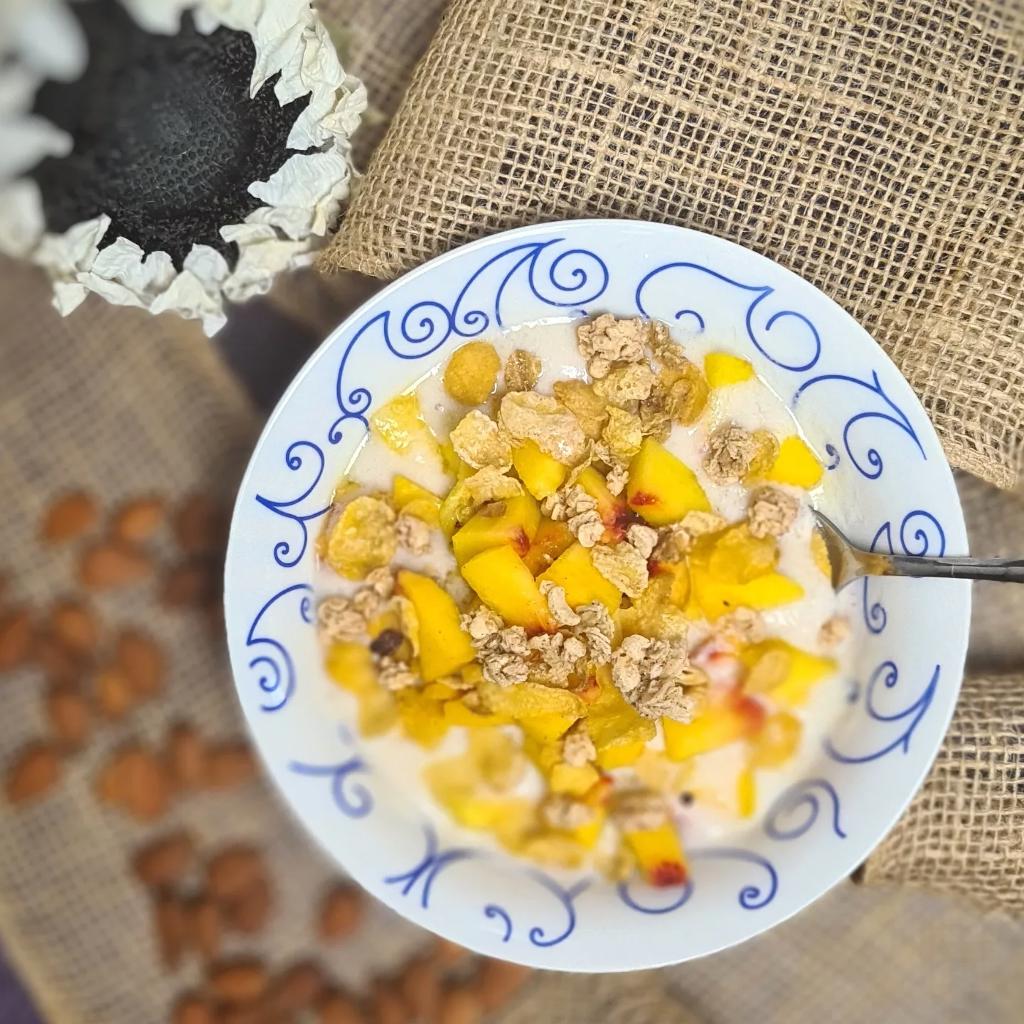
Cucinare_per_te

Cortomaldestro

Sabry mamma veg

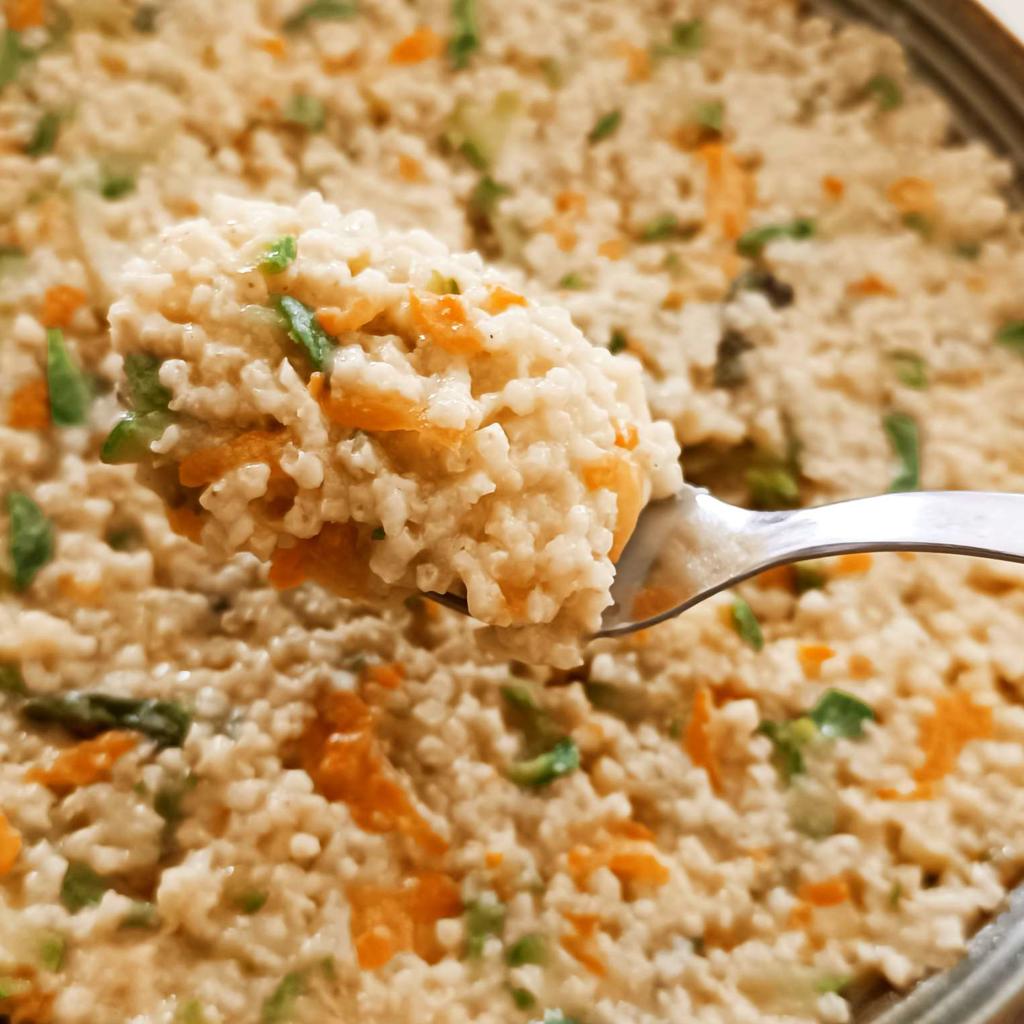
Millet with zucchini and carrots
Mariapia - Food Blogger - Economista Salutista

Red Lentil Soup with Coconut Milk
MescolaBene
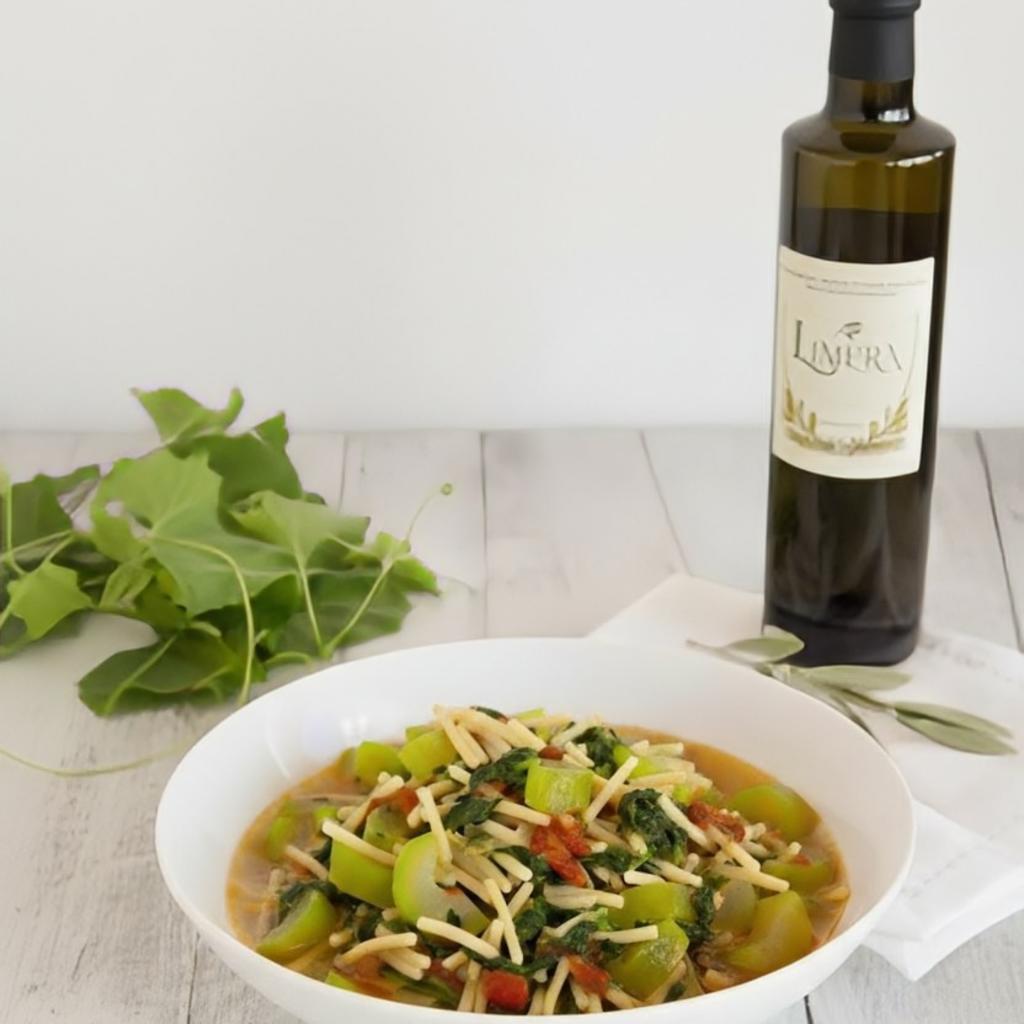
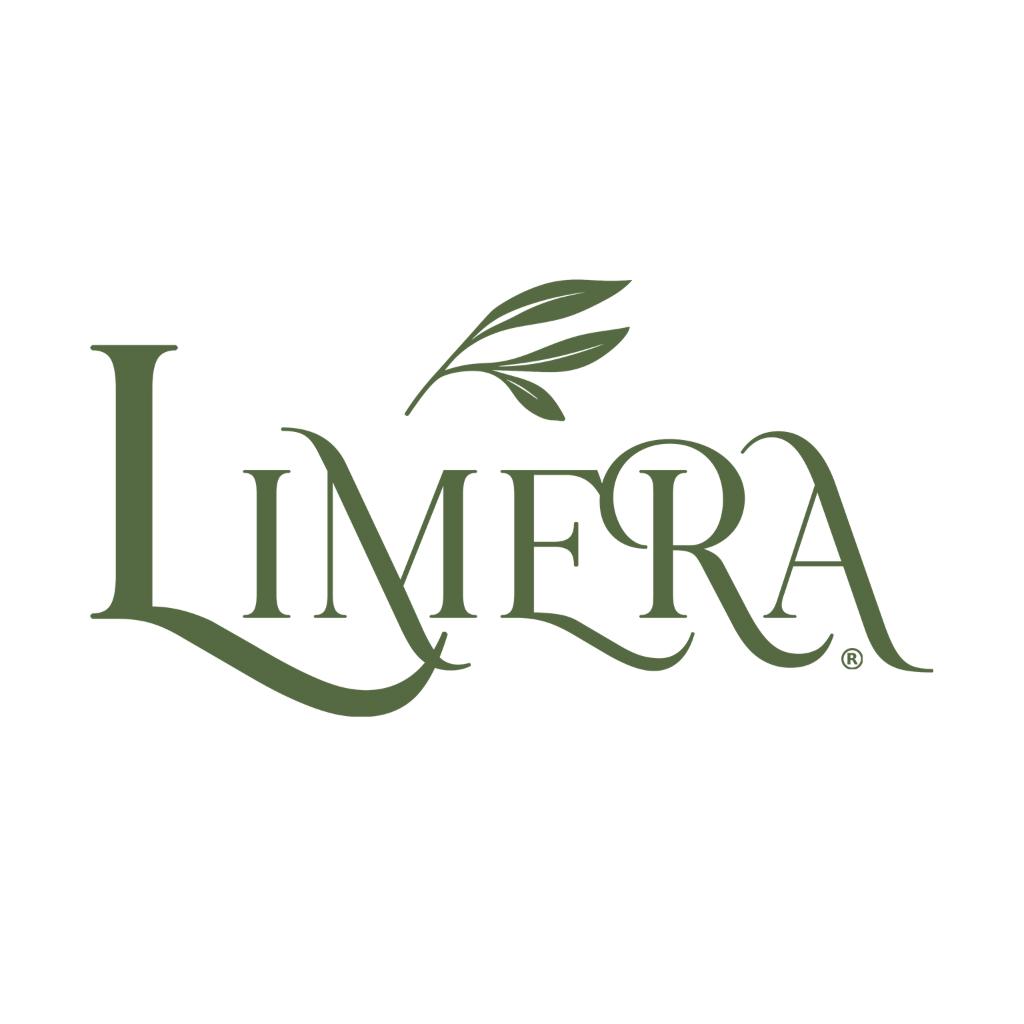
Pasta with Sicilian Tenerumi and Limera Oil
Olio Limera
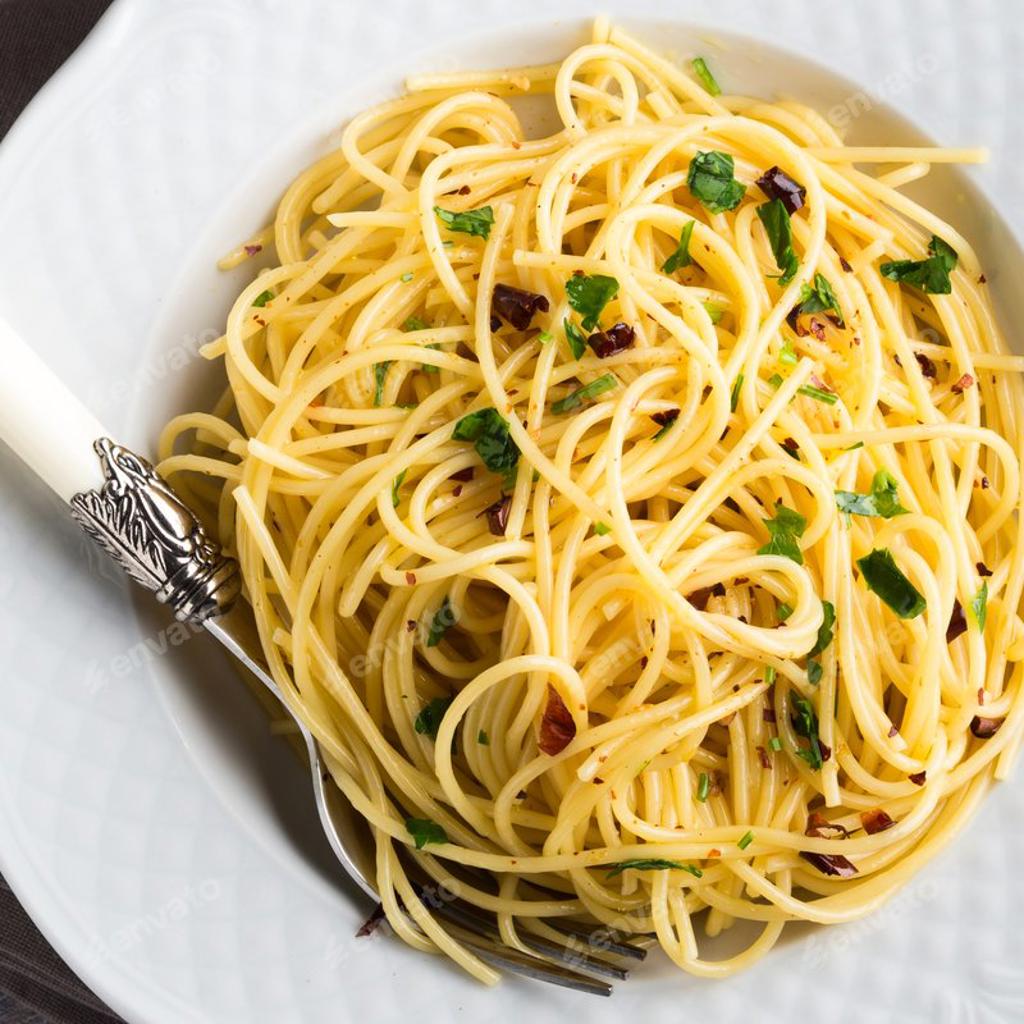

Spaghetti aglio, olio e peperoncino
Gourmet Exports

Viaggiando Mangiando


Viaggiando Mangiando
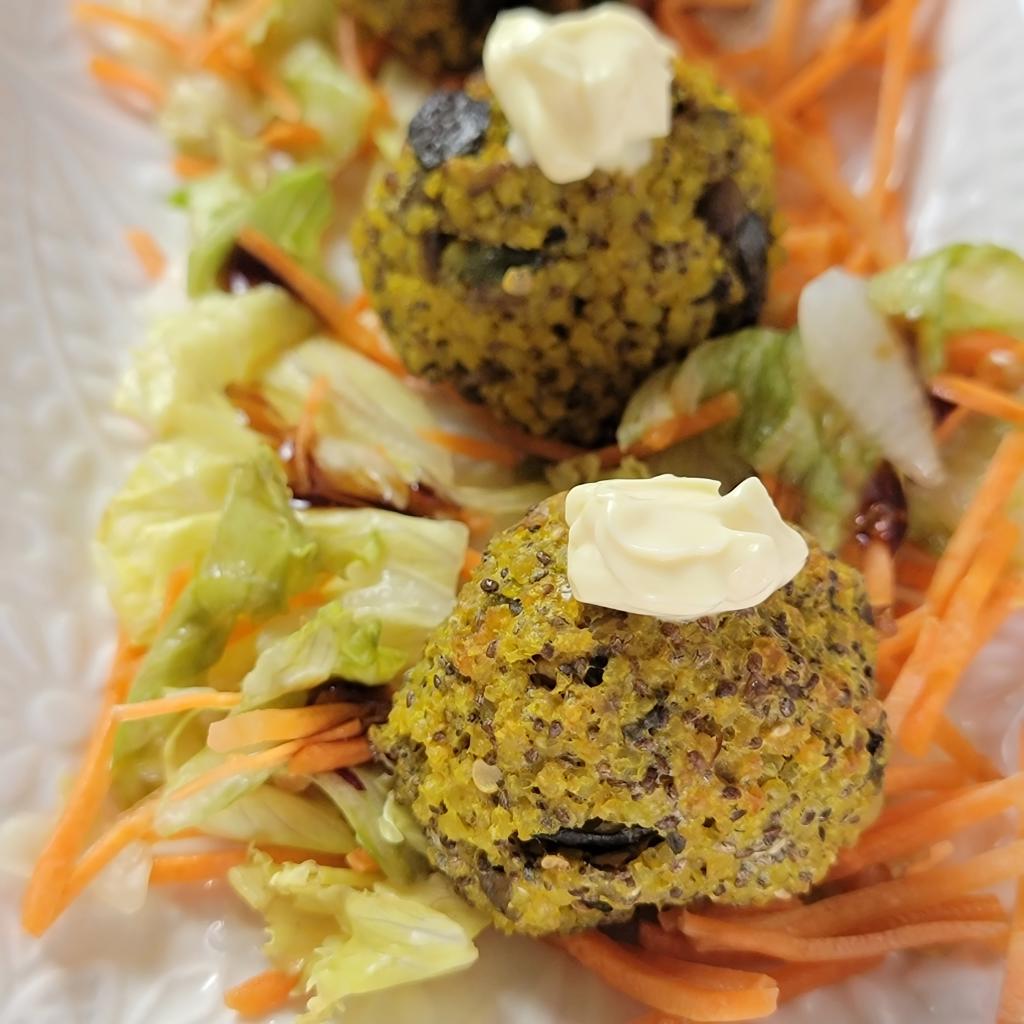
Millet balls with vegetables, chickpeas and curry
Cucinare_per_te
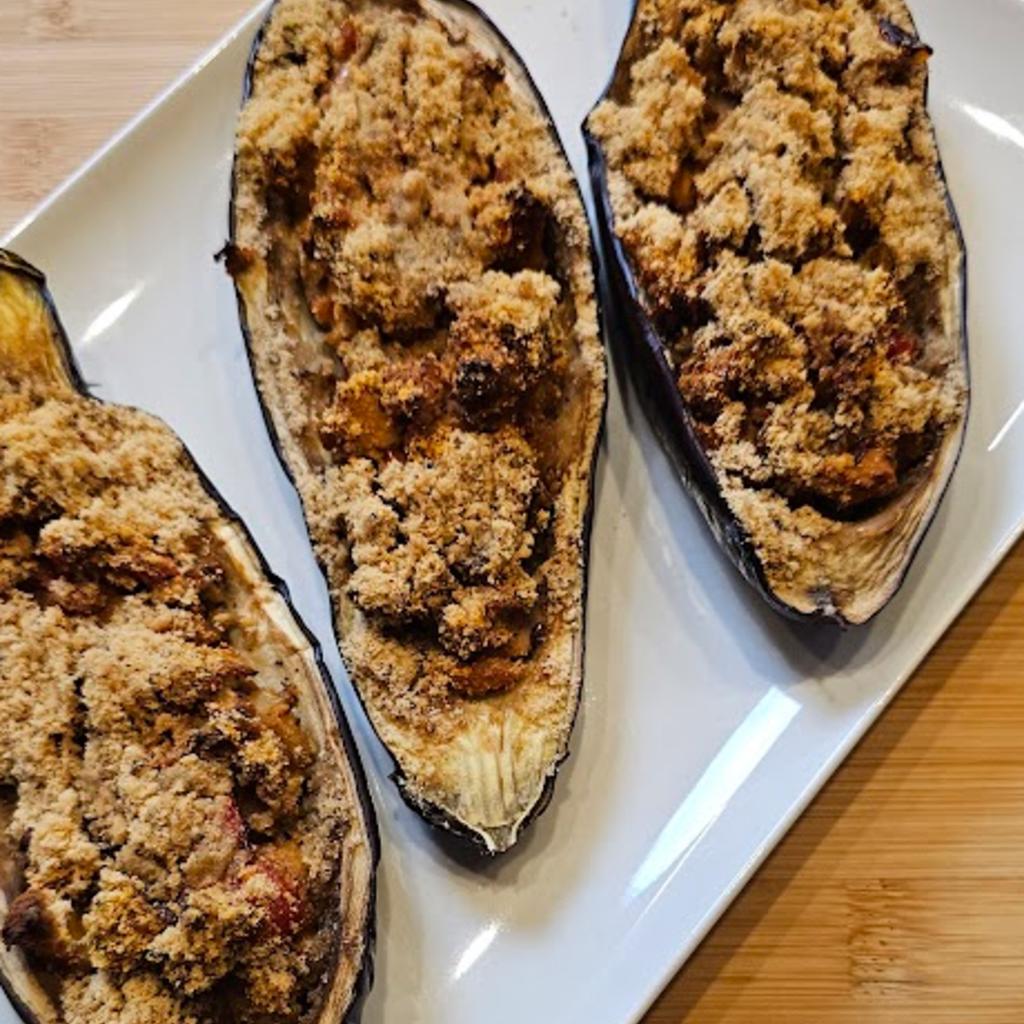
Gluten-Free and Lactose-Free Stuffed Eggplants
Elena|CeliachiaStanca
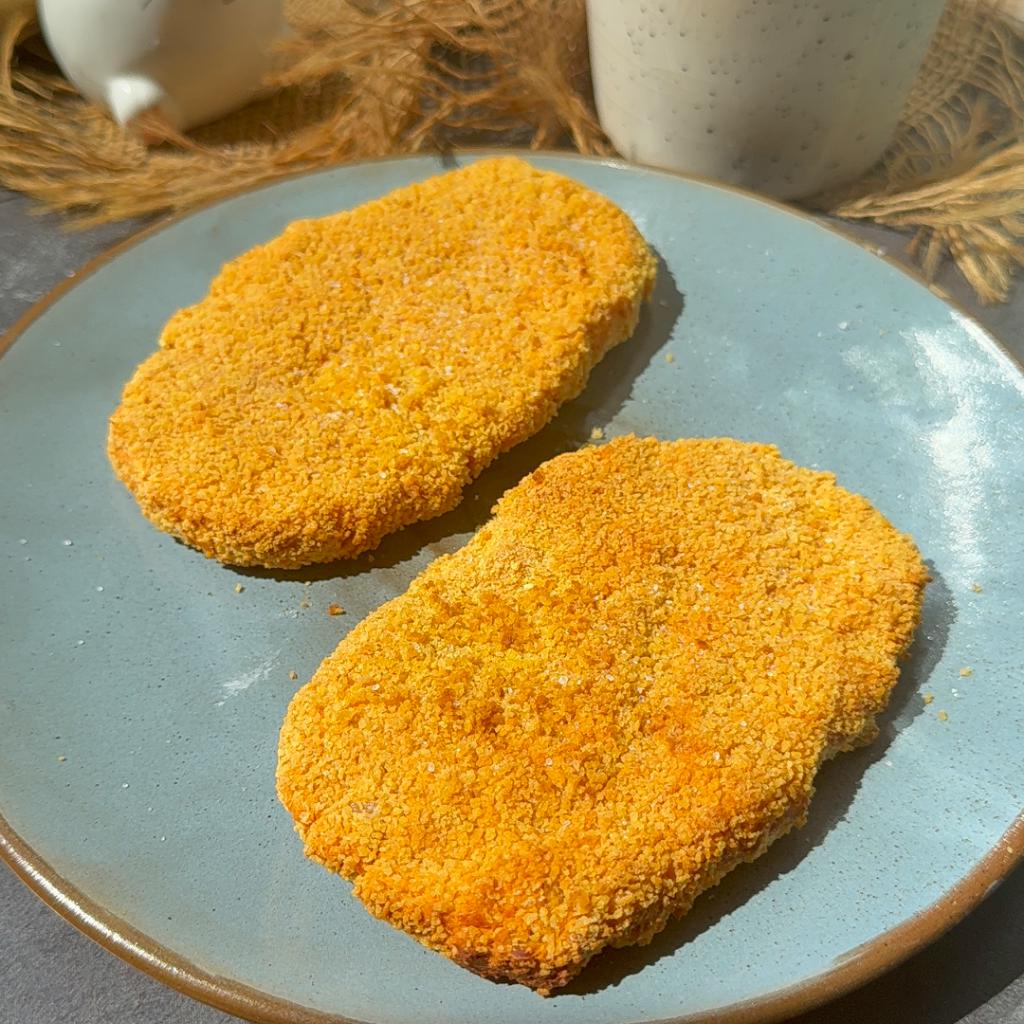
Gluten-free and lactose-free vegan cutlets
EASYCLARISSA

Delicious Primosale with Confit Cherry Tomatoes in Air Fryer
Ilmiopiattoacolori
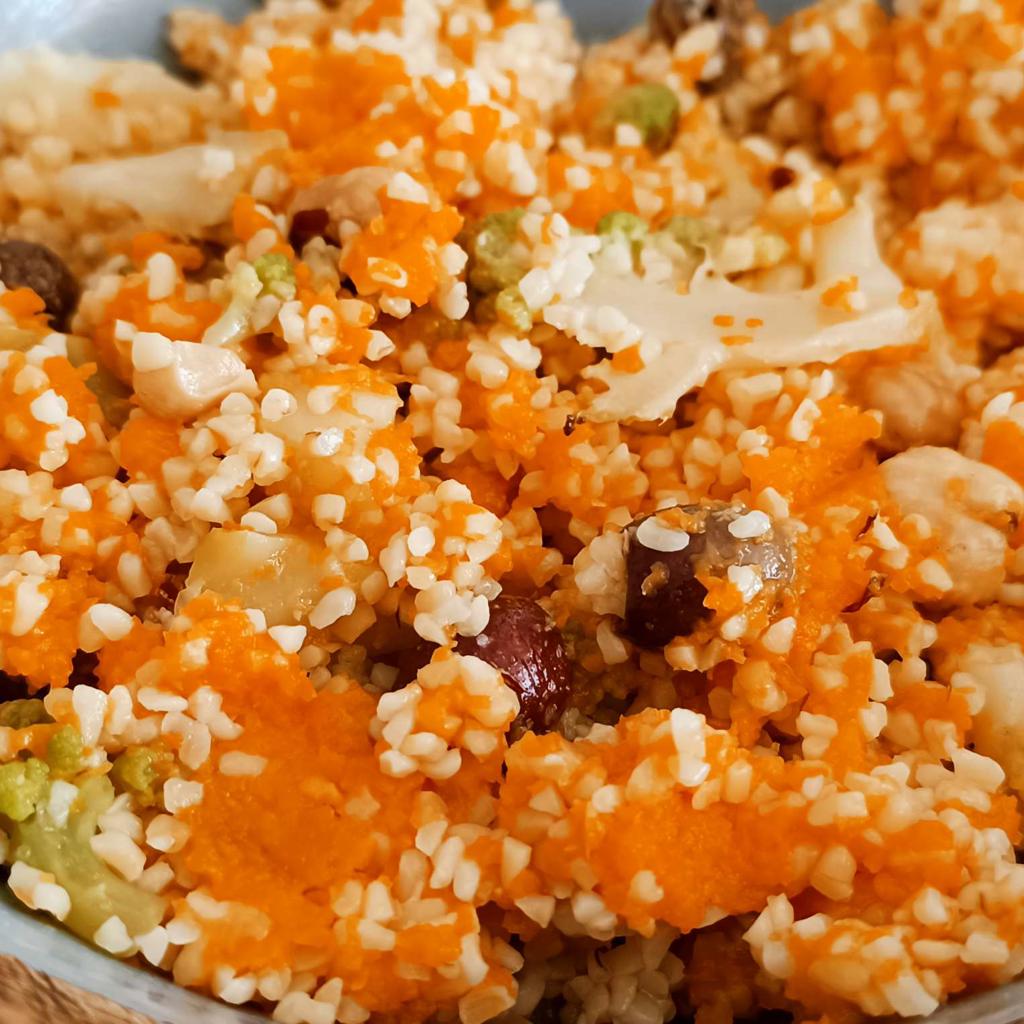
Bulgur with romanesco cauliflower, pumpkin, hazelnuts, and olives
Mariapia - Food Blogger - Economista Salutista
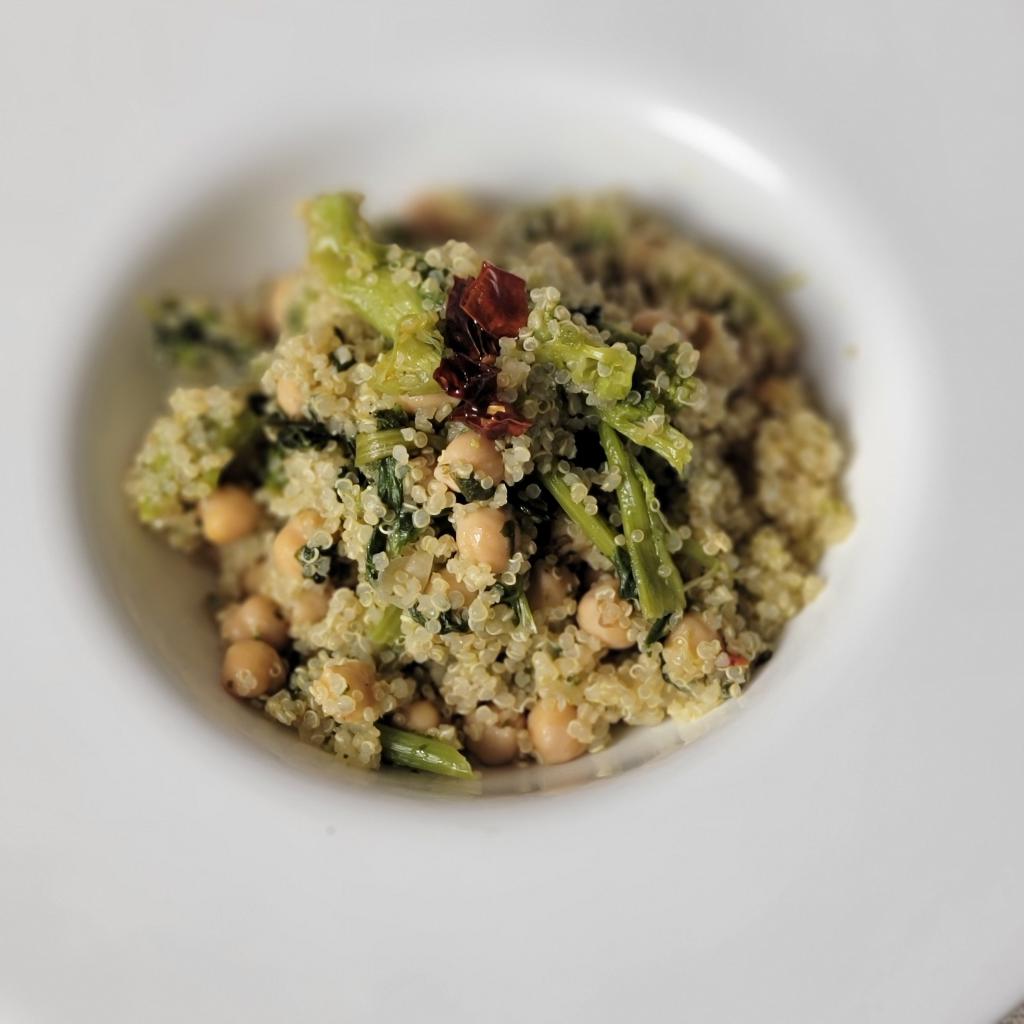
Quinoa with turnip tops and chickpeas
Cucinare_per_te


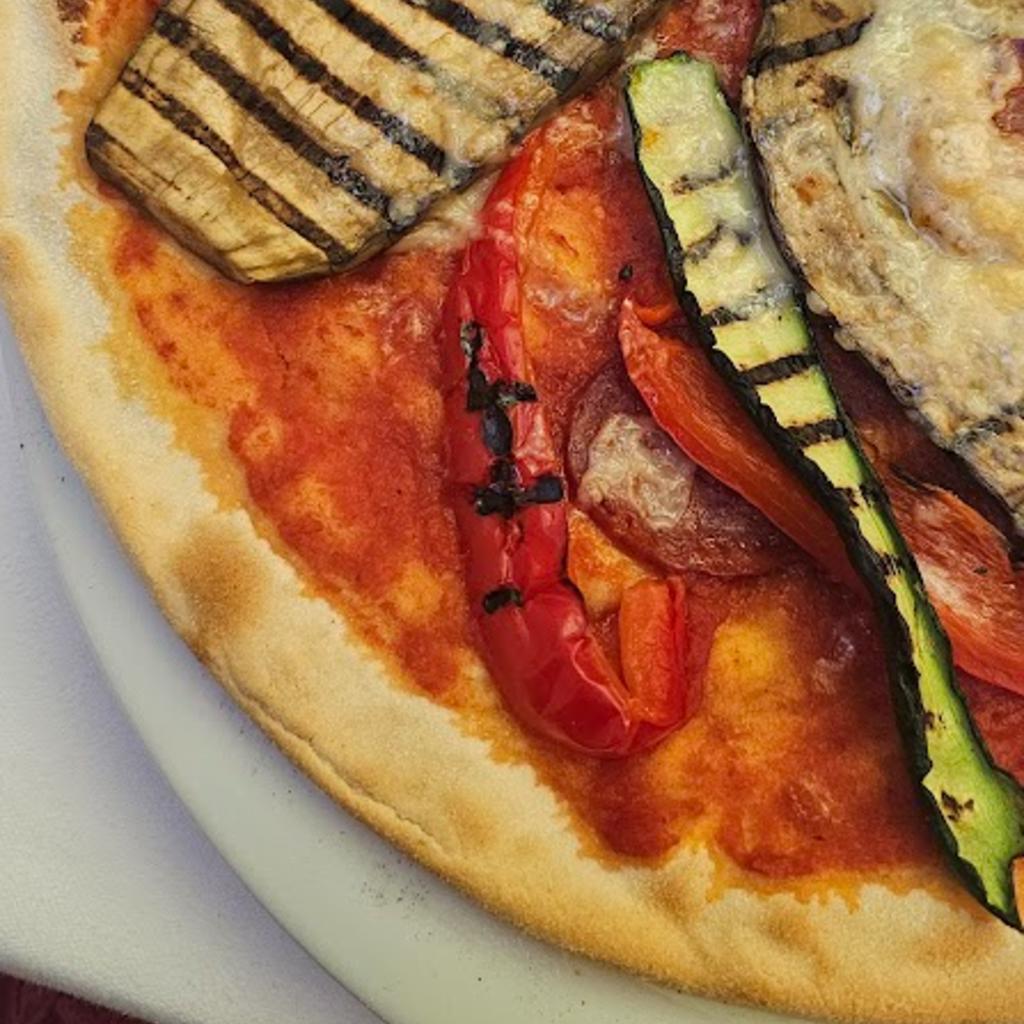
Gluten and Lactose-Free Pizza with High and Crispy Crust
Elena|CeliachiaStanca
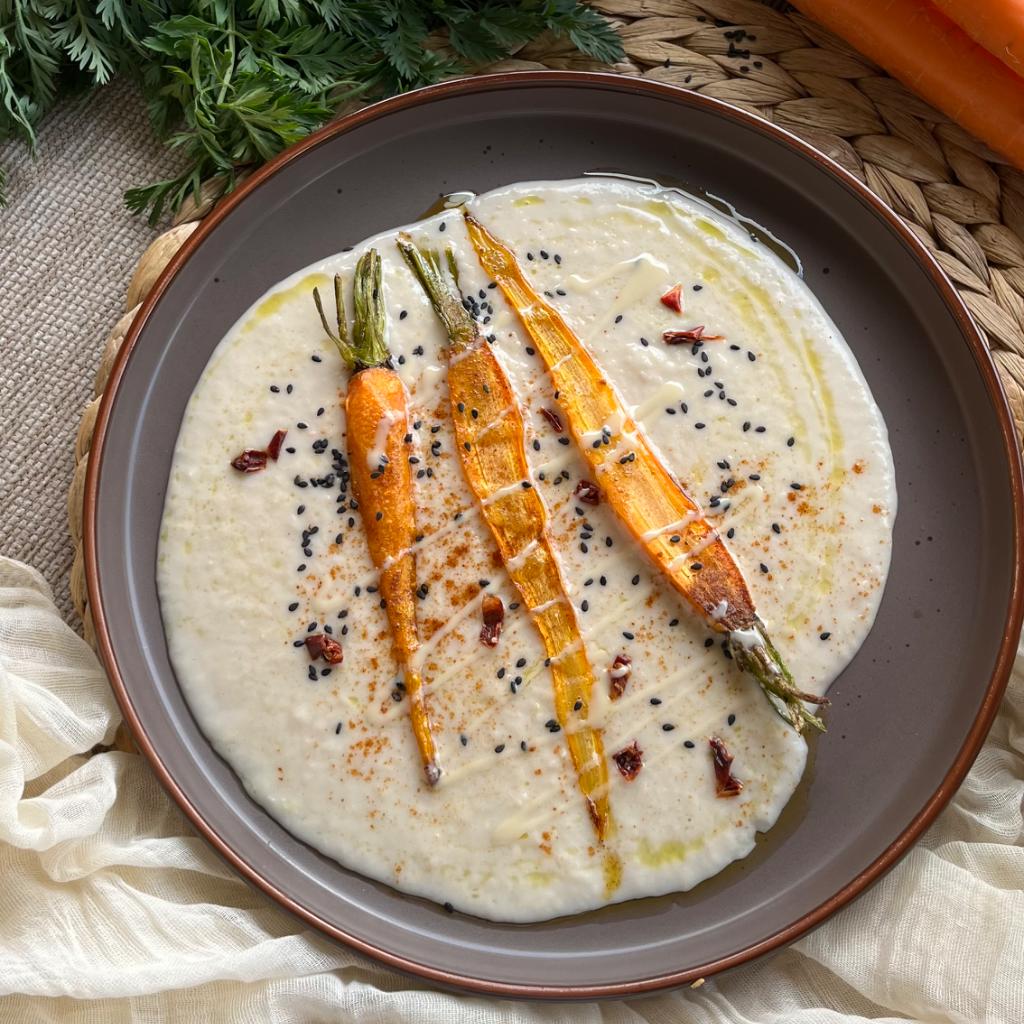
Cannellini Hummus with Almond Cream and Spiced Carrots
Impasta_con_rosy
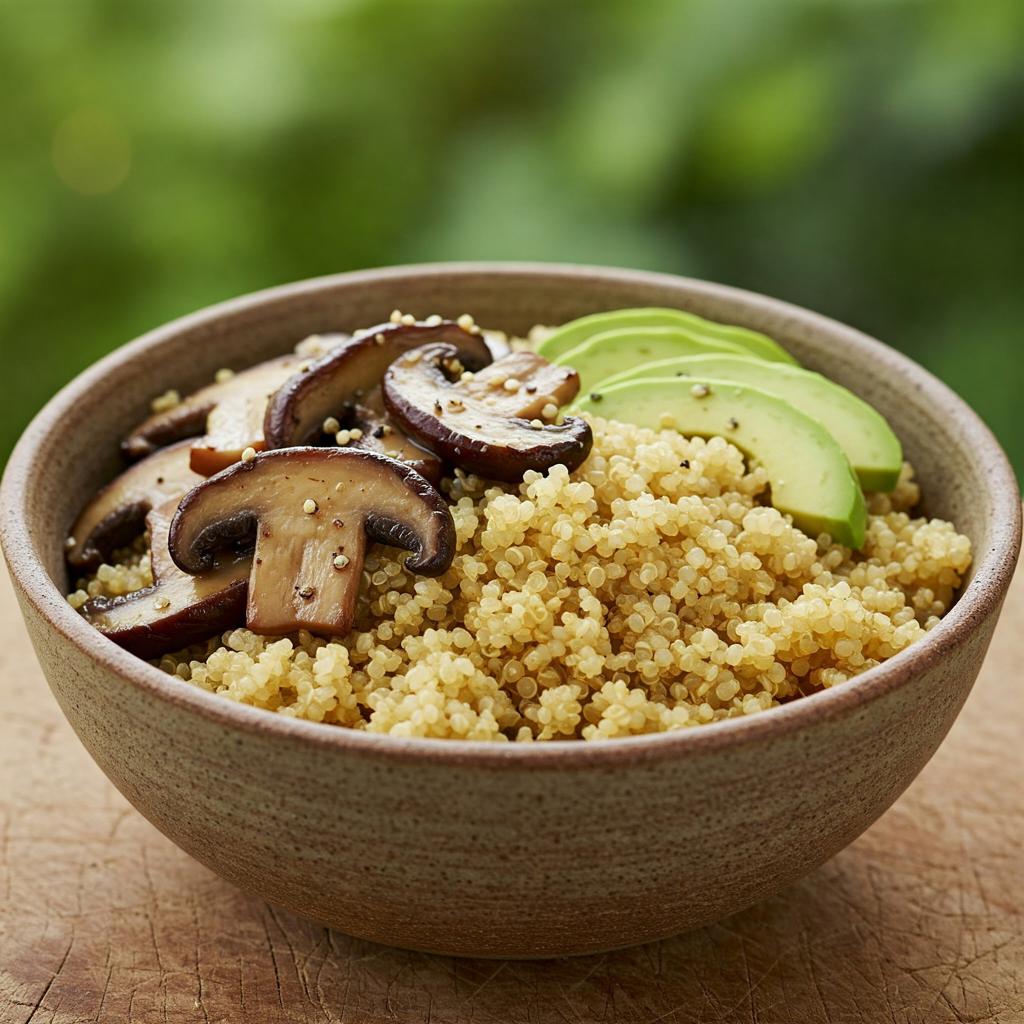

Quinoa bowl with sautéed shiitake and avocado
IoBoscoVivo Srl


Quick no-rise bread (recipe by tuduu)
Shop Poggetto Carni

Spuntini.zerosbatti

Tarte Tatin with Fennel and Oranges
di_bina_in_meglio

Fennel and Purple Cabbage Salad with Ground Flaxseeds
Mariapia - Food Blogger - Economista Salutista

Crunchy Oven or Air Fryer Carrots
MescolaBene

Ultra Crispy Non-Fried Potato Chips
Ilmiopiattoacolori

Francy.fitness.passion

Impasta_con_rosy
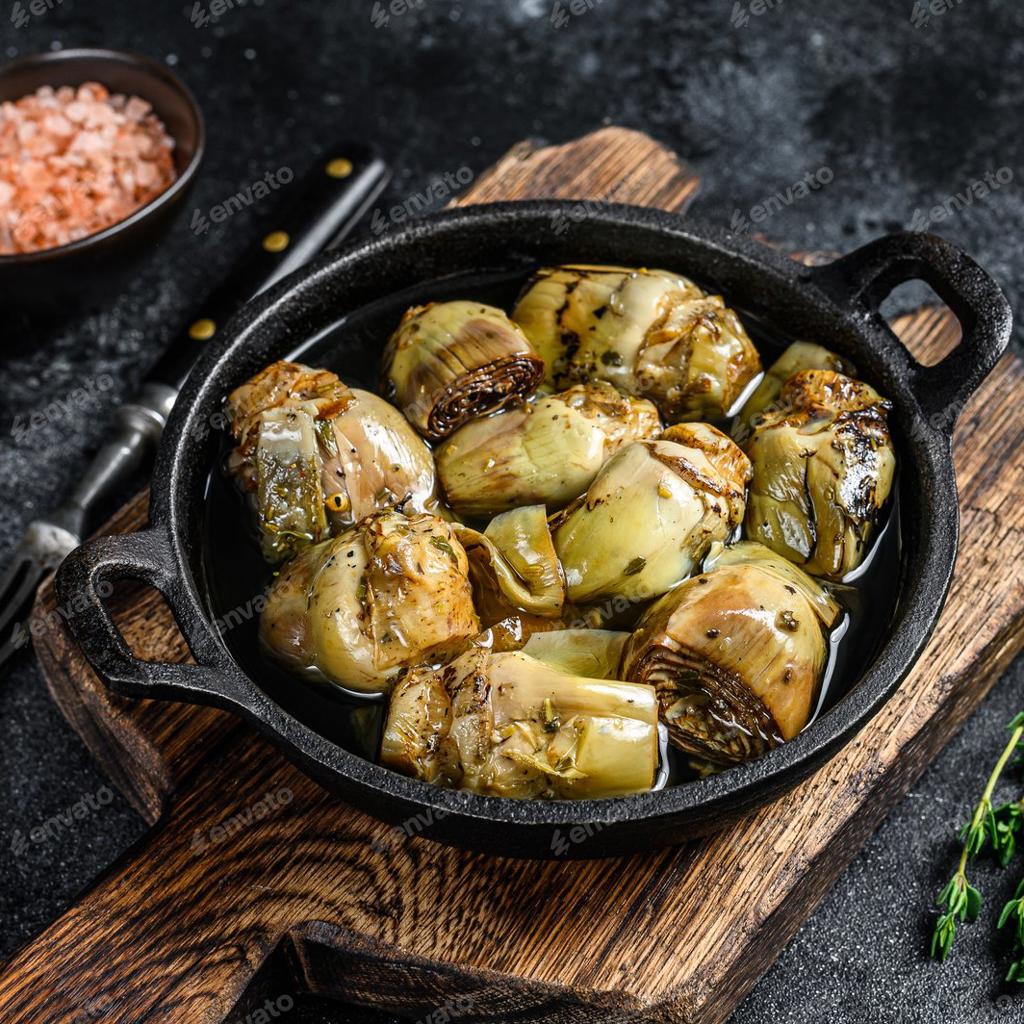

Grilled Zucchini with Garlic and Rosemary
Persaincucina